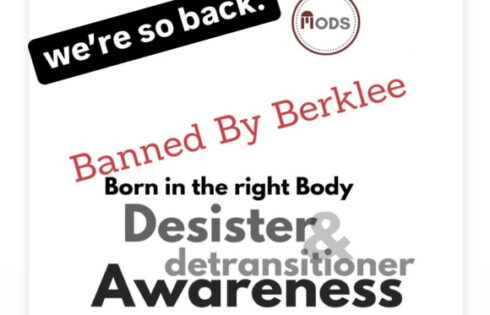
Students jonesing for Mary Jane are getting a lesson in federalism as colleges try to navigate a confusing patchwork of federal, state and municipal laws on medical and recreational marijuana in the wake of the midterm elections, CityLab reports:
Nearly half of all states have passed medical cannabis laws. Four states—Washington, Colorado, Oregon, and Alaska—and the District of Columbia have passed social-use laws. Making the legal territory even harder to navigate: more than a dozen cities and states have decriminalized cannabis, meaning there is little or no penalty for possessing small amounts of the substance.
Their responses seem to boil down to “leave campus to toke up”:
In the fall of 2012, the impending passage of Initiative 502 sparked discussions on campus at Washington State University, said Melynda Huskey, the school’s dean of students.
Now that students have returned to campus for the fall semester, some students and parents have asked questions. Generally, they’re pretty easy to field because WSU—and every other campus in the country—has a clear policy: “No cannabis consumption of any kind” on campus and follow the law off campus, Huskey said.
The University of Colorado-Boulder actually saw its drug violation citations drop by half after Amendment 64 passed:
One of the reasons for this decrease, according to Christina Gonzales, the university’s dean of students, is that the school has moved away from a disciplinary approach toward a more instructive one.
“We have students who are still developing and figuring things out,” Gonzales said. “So, if we have to be punitive, we will, but we would rather be educational and have conversations with our students, remind them of policies, maybe send them to some educational workshops—rather than going the route of just citing them right away.”
You might just have an awkward conversation with your RA if you get caught:
The UConn chapter of Students for Sensible Drug Policy launched a successful campaign to standardize the responses to underage drinking and cannabis possession. As a result, instead of immediately calling police, resident assistants have more discretion in how they handle disciplinary action.
“That’s the one minor victory—when they sort of listened to us,” said Tyler Williams, president of UConn’s Students for Sensible Drug Policy chapter.
Like The College Fix on Facebook / Follow us on Twitter
IMAGE: Katherine Hilt/Flickr





Please join the conversation about our stories on Facebook, Twitter, Instagram, Reddit, MeWe, Rumble, Gab, Minds and Gettr.